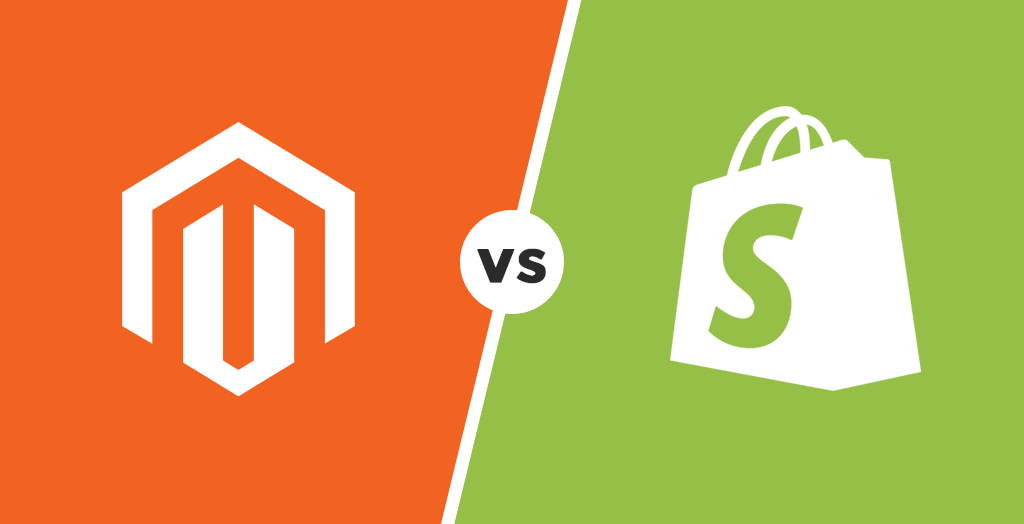Best SEO Extensions for Your Magento E-commerce Store
- 190336 Views
- 4
 SEO Brochure
SEO Brochure  Wordpress Brochure
Wordpress Brochure  PHP Brochure
PHP Brochure  Magento Brochure
Magento Brochure  Redesign Brochure
Redesign Brochure  Shopify Brochure
Shopify Brochure 
Blog
 1084
1084  0 Comments
0 Comments

When it comes to building and managing an online store, selecting the right e-commerce platform is a critical decision that can significantly impact your business's success. In this modern digital age, two of the most popular and robust platforms that often dominate the discussion are Magento and Shopify. Both have their strengths and unique offerings, catering to diverse business needs and requirements. In this comparison guide for 2023, we will take a closer look at the features, benefits, and drawbacks of both Magento and Shopify to help you make an informed choice for your online business.
When choosing between the two, consider your business requirements and budget. If you opt for Magento, hiring a Magento development company in India can be a cost-effective solution, as India is renowned for its skilled developers. Make an informed decision to ensure a successful and tailored e-commerce experience for your business.
Magento is an open-source e-commerce platform renowned for its scalability and flexibility. It offers two primary editions: Magento Commerce and Magento Open Source.
Magento Commerce, formerly known as Magento Enterprise, is a feature-rich, paid version of the platform. It comes with a plethora of advanced features and functionalities suitable for large-scale businesses. From powerful marketing tools to personalized shopping experiences and robust customer segmentation, Magento Commerce is a comprehensive solution for those who seek a highly customizable and fully-integrated e-commerce experience.
Magento Open Source, formerly known as Magento Community, is the free version of the platform. It is perfect for small to medium-sized businesses looking to build a solid online store with essential features. While it might lack some of the advanced tools present in Magento Commerce, it still provides a strong foundation for e-commerce businesses to flourish.
Shopify is a cloud-based, fully-hosted e-commerce platform that aims to simplify the process of setting up an online store. It is known for its user-friendly interface and ease of use, making it a popular choice for entrepreneurs and small businesses.
Shopify's standard offering is a well-rounded e-commerce platform that comes with everything you need to start selling online. It offers a wide range of themes, plugins, and extensions to enhance your store's appearance and functionality. One of Shopify's significant advantages is its extensive app store, which allows you to add various features to your store without needing advanced technical knowledge.
Shopify Plus is an enterprise-level solution designed to cater to larger businesses with high demands and complex requirements. It offers advanced features such as automation, customization options, and dedicated account management, making it a suitable choice for fast-growing businesses that need a scalable and flexible platform.
In the Magento vs. Shopify battle, the right choice depends on your specific business needs, budget, and technical expertise. If you are a large enterprise with complex requirements, Magento's scalability and flexibility may be the better fit for you. On the other hand, if you are a small to medium-sized business seeking a user-friendly and hassle-free solution, Shopify can be the perfect platform to kickstart your e-commerce journey. Take the time to carefully evaluate your requirements, explore the features of both platforms, and choose the one that aligns best with your business goals for a successful online venture.
Ready to bring your project to life? Tell us what you need and we’ll get back with a tailored quote.